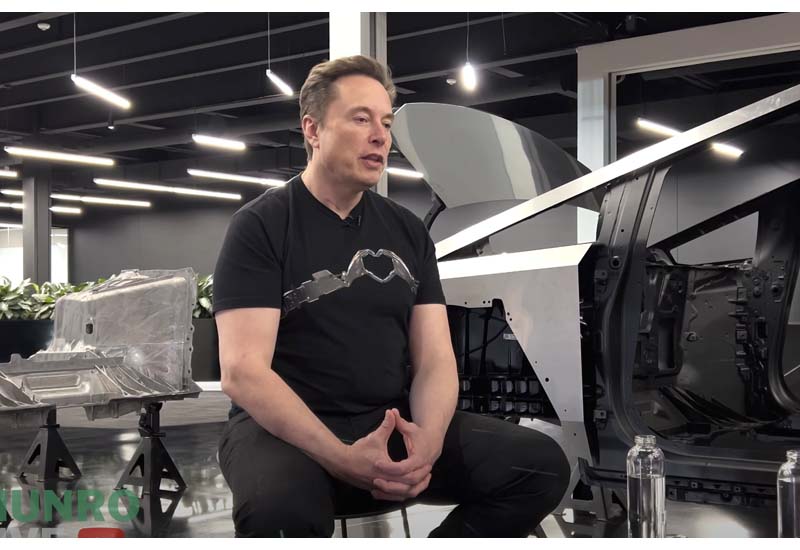When does ambitious become insane? For Elon Musk and his audacious AI goals at Tesla, that line has been crossed time and again – at least according to Ashok Elluswamy, the first engineer hired for the company’s Autopilot team.
In a revealing X post, Ashok pulls back the curtain on Elon’s relentless push to achieve what many deemed impossible at the time. From squeezing jaw-dropping autonomous capabilities out of laughably underpowered hardware to going all-in on pure vision-based AI when experts scoffed, the Tesla CEO’s unconventional strategies have consistently challenged conventional wisdom.
Back in 2014, Elon tasked his nascent Autopilot crew with implementing advanced self-driving features like lane keeping and adaptive cruise control…on a computer with just 384KB of memory. “Many, even in the team, thought that the request was crazy,” Ashok recounts. Somehow, they pulled it off – shipping the world’s first Autopilot in 2015.
Two years later, Tesla took another “insane” gamble by deciding to develop its own in-house computer vision system from scratch rather than rely on third-party vendors. The audacious goal? Get it production-ready within 11 months, a timeframe that made other companies’ decade-long efforts seem glacial. Against all odds, Tesla nailed it.
That’s just how Elon rolls, it seems. Need custom AI chips to run neural nets efficiently? Sure, let’s make those too – despite being just a “car company.” The result was hardware so advanced, it still outguns Apple’s latest M3 processors…five years later.
Perhaps Elon’s biggest “insane” wager, though, was trusting AI vision alone to ultimately solve self-driving – ditching crutches like HD maps and radar that rivals deemed essential. “Many ‘experts’ in the field ridiculed Tesla and Elon for these choices,” Ashok notes. Who’s laughing now that Tesla’s camera-based system can navigate complex city streets?
Tesla even dropped radar entirely to “really focus on the heart of the problem, which is AI.” An unthinkable move, unless you’re the zany visionary pushing autonomous vehicles to their true potential.
Robotaxi: The Next ‘Insane’ Frontier?
Clearly, Elon appetite for ambitious, zig-while-others-zag plays remains insatiable. In 2021, he kicked off work on Optimus, Tesla’s household robot – “before any ChatGPT or other obvious examples of the rise of AI,” as Ashok puts it. Will the project defy naysayers like Autopilot? If Elon track record is any indication, betting against his “insane” ideas could be an expensive gamble.
As Ashok Elluswamy concludes, “Elon is critical for Tesla’s success in AI” thanks to his “deep technical understanding, insane perseverance and relentless hard work.” Love him or hate him, there’s no denying the Tesla CEO knack for turning outlandish concepts into world-changing products. What insane idea will he tackle next?
